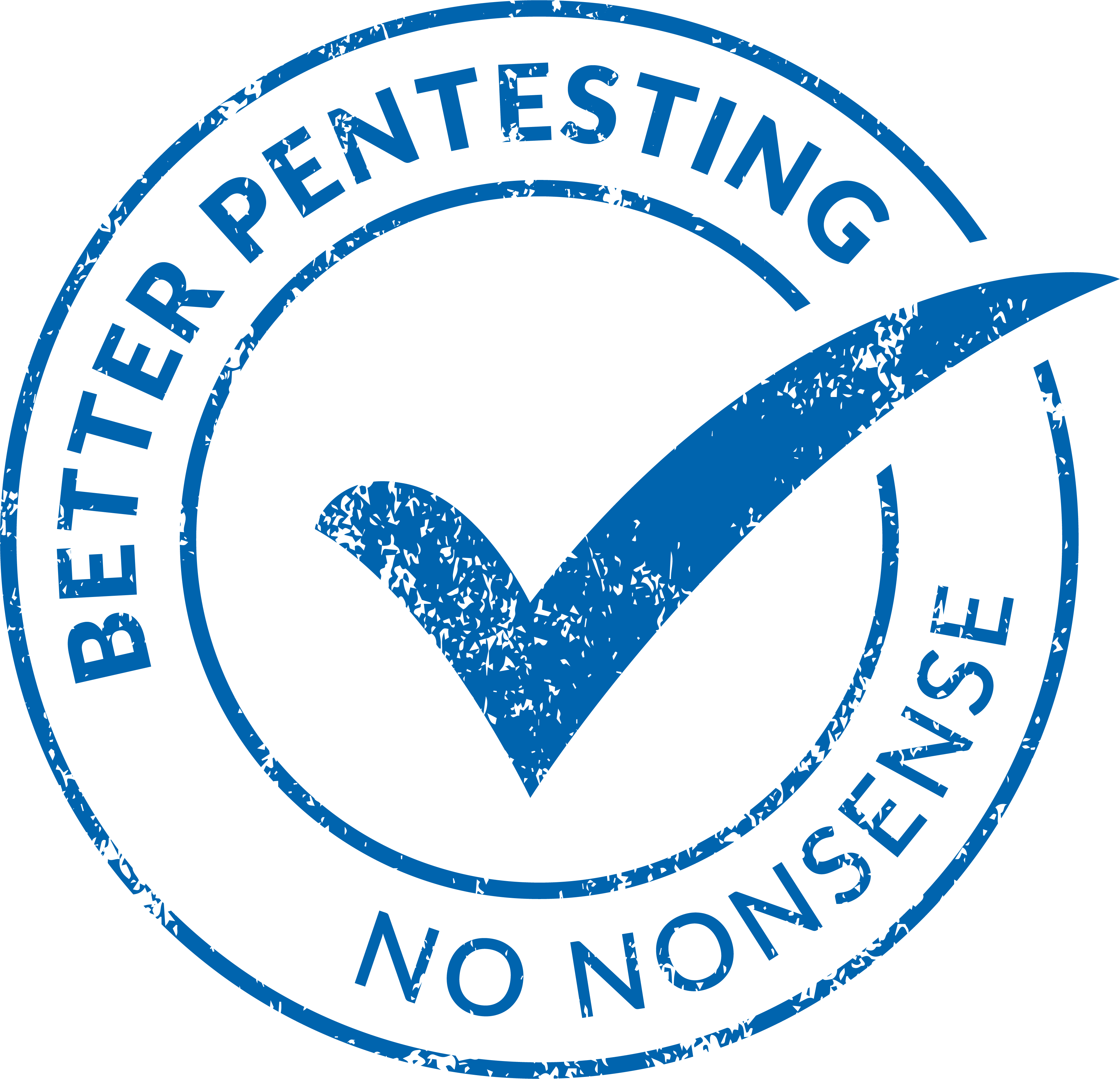Penetration Testing
FAQ
Our FAQ provides clear answers to common questions – straight from pentesting experts and completely ad-free.
What is a penetration test? What types of penetration tests are there? What is the difference between a vulnerability scan and a penetration test?
How often should a penetration test be conducted? What data protection regulations are necessary for a penetration test?
How to become a Penetration Tester? Should I Learn Kali Linux to Become a Penetration Tester?
Which Tools Does binsec GmbH Use in a Web Application Penetration Test?
What is Red Teaming? How do Red Teaming and penetration testing differ? Who is Red Teaming intended for?
Penetration Testing
Since 2013 we conduct professional penetration test, based on international industry standards and years of experience in penetration testing, red teaming and hacking.
As a company for professional penetration testing, we do some things differently than other pentest provider: As a penetration test firm, we do not sell vulnerability scans as pentest. We do also focus on business security risks. You are looking for a professionally conducted penetration tests? Get the binsec team for your Pentest. Read more about our pentest service.
Contact us

 +49 692475607-0
+49 692475607-0